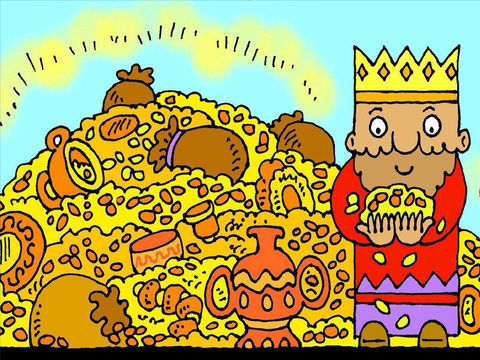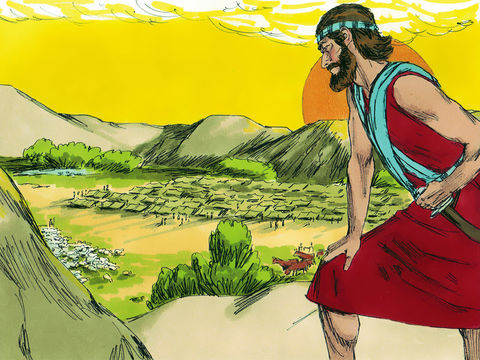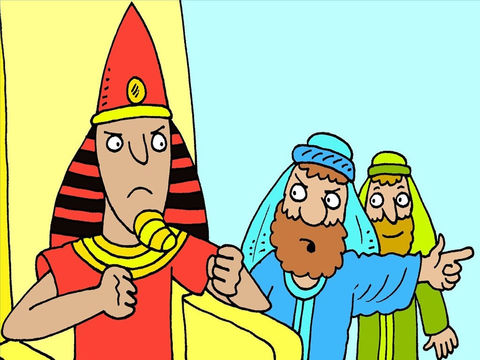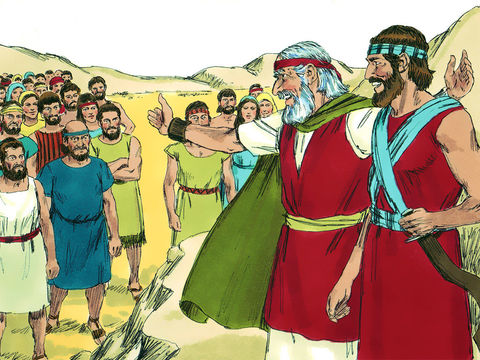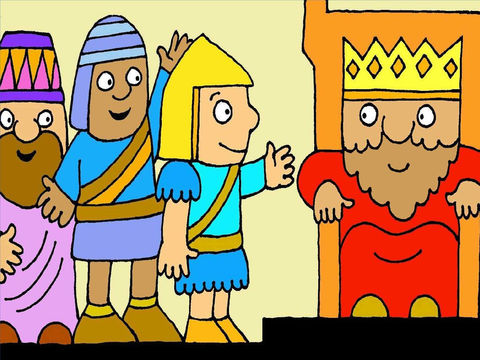Second Thoughts: Joy Takes Generosity
Author: Thomas White | Editorial Dept., Living Church of God
“But who am I, and who are my people, that we should be able to give as generously as this? For everything comes from You, and we have given You only what comes from Your own hand.”
– 1 Chronicles 29:14, Holman Christian Standard Bible
Assembly by Dexter Wakefield
Sometimes I wonder how Christ and the Father can always be happy.
We read throughout Scripture of Their various emotions—anger, sorrow, hatred for sin, even jealousy over those who give their lives to idols. I can sometimes forget that all of these emotions are secondary at best for members of the God Family, because joy, being a fruit of the Spirit, is always first and foremost. Why? What makes God consistently, wholeheartedly happy?
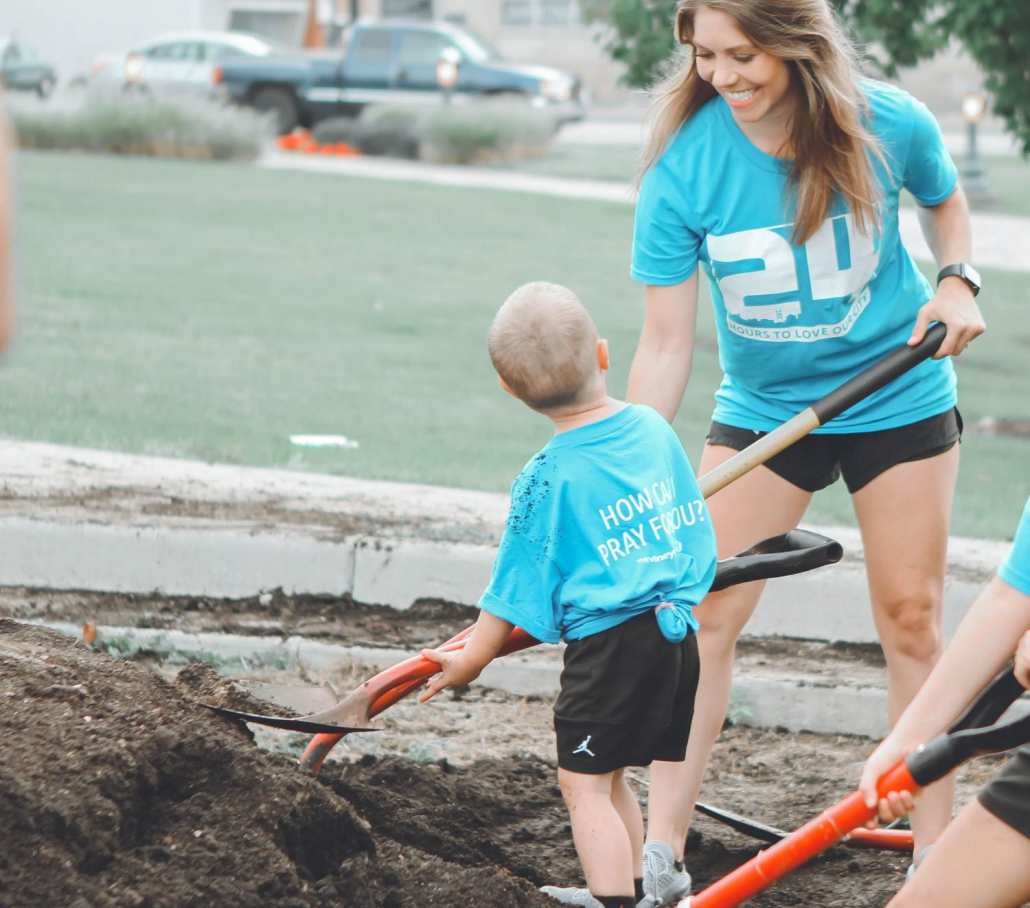
A lot of things, probably, but Mr. Dexter Wakefield wrapped up this week’s assembly by reminding me of one. Spending only a few minutes on it, he offered the quick, powerful analogy that God is running a family business we in His Church are training to inherit, and His business revolves around giving.
It’s God’s Pleasure
Some say you don’t need to enjoy your job, but apparently, God does. His job is giving, He’s never off the clock, and He loves it. Every millisecond of every day, He’s giving us something. He is not obligated to give anything, but He gives everything, and like the ultimate Chick-Fil-A employee, it’s His pleasure.
So, is it ours?
“Whatever you give is acceptable if you give it eagerly. And give according to what you have, not what you don’t have.”
– 2 Corinthians 8:12, New Living Translation

Non-stop Giving?
As Mr. Wakefield pointed out, if we don’t enjoy giving, we’d better, because as Kings and Priests in God’s Kingdom, we’ll be giving on a pretty much everlasting basis. And sure, you think, “But in the Kingdom it’ll be easy. We’ll be God—if we want to give something, we can just poof it into existence like a magician at a soup kitchen.”
And maybe that’s true, but we’ll be spending all of our time giving of ourselves—giving of our wisdom, energy, encouragement, help, and peace. As humans, we can’t give 24/7—we physically need our own sleep, food, mental rest, etc. But if we’re supposed to one day give non-stop for eternity, shouldn’t we be taking every feasible opportunity to give now?
I have to admit that too often, I don’t. A major weakness of mine is time-hoarding. I’ll give twenty bucks to a stranger with a sad face, but I get fidgety listening for twenty minutes to a sad story. That’s something I need to work on, because God endlessly gives time—all of the time we have. We need patience to truly give, and we need to truly give to have real joy.
“The generous will prosper; those who refresh others will themselves be refreshed.”
– Proverbs 11:25, New Living Translation
God’s Business is Giving
God promises that we’ll have abundance if we give to others, but I don’t think that means He’ll make us find replacement cash in our jean pockets after we give someone on the street ten dollars, or that He’ll find a way to give us two hours of free time after we spend an hour unexpectedly helping someone out. No, those who refresh others are refreshed just by having done so. Knowing you’ve been a good part of someone’s life, even for just a few minutes, can fill your entire day with a sense of prosperity.

If we’re having trouble with joy, we may need to grow in generosity—God is never unhappy, and in part, that’s because He’s never not giving.
He has a business to run, after all.

Thomas White was one of the onsite Living Education students for the 2018-2019 semesters. He also has a Bachelor’s Degree in English. Thomas currently works as an Editorial Assistant for the Living Church of God. According to his wife, he eats pizza in entirely the wrong way.

